The power of goal setting… and doing it the right way…
In his seminal work, ‘The Seven Habits of Highly Effective People’, which is to date the best-selling development and self-help guide ever written (15 million copies in 38 different languages), Stephen R Covey spends great time and effort on habit number 2 – ‘Begin with the end in mind’.
The main focus of the chapter is about goal setting and the power of goal setting, it’s value and its’ rewards.
For those of you who have not read the book, I would recommend it highly, whether you are a learning professional, whether you are keen on self development or whether you are merely an avid reader. It is very easy to get to grips with, has many practical exercises and is relevant to everyone at any stage of their life or career.
For those of you who are familiar with the book, I will leave you to refresh your memories on this chapter – always well worth reading – whilst I focus this edition of my blog on a single aspect, or a ‘take’ of this habit, once again with the understanding that self-awarenessunderpins everything.
I was running a 2-day workshop for some senior directors of a global bank in Frankfurt last week.
It’s my long-established custom at the start of the session to ask people what their aims are for the session, or put another way, what has to happen for this to be a good use of their time. This always gets people into a focused state of mind.
Moreover, I always ask them why having clarity on their outcomes is important. This is always interesting, especially at senior level, where I often get rolling eyes as if the question is too basic. However, there is always a pause, as, despite a level of cynicism at what seems too obvious a question, it becomes clear that this is not something that is often considered.
Having clarity of outcome gives focus and raises awareness. It allows us to prioritise our ‘to do’ lists and to sift out the less important areas, commonly known in business circles as ‘noise’.
In addition it stimulates an area of the brain called the RAS, or Reticular Activating System. In the same way that if we have bought a new car, we suddenly notice the same make and model appearing everywhere, we become aware of what we are focusing on when we decide what’s important to us in a workshop or learning session.
But it doesn’t stop there. I will always ask a group (especially senior groups!) if they consider themselves to be self-aware. And the response? Yep, you’ve guessed it: Most senior executives consider themselves to have a high level of self-awareness.
In the context of beginning ‘with the End in Mind’ or goal-setting, or having an outcome, it is quite amazing how few people, at any level of an organization, think about their personal outcomes. Most people get up in the morning, put on their clothes, go to work and do the best they can with what’s put in front of them. This tends to be a reactive way of doing your best.
How would it be if we were to engrain a habit of proactively doing our best, by getting clear about what we want?
This is where self-awareness stops being a ‘nice to have’ and becomes priceless.
And I’m not just talking about having a goal for yourself in a workshop; this applies to every meeting, every phone call or teleconference, every one-to-one, every team session, conference or video session (It also has clear cross over into the friendships and relationships of our private lives).
So instead of turning up to your next meeting willing, able and keen to help, but unaware of what your personal takeaways are, ask yourself the question:
‘what’s my outcome?’
Sounds simple, but the question ‘what’s my outcome?’ – as with many good questions we can ask ourselves – will give you focus, direction, creativity and above all, awareness of where you are as regards your outcome, and what your next steps are.
Give it a try and ‘get clear’.
If you need some guidance on how to create your workable “outcomes,” get in touch. I’d be happy to help you get a better understanding of how the “what’s my outcome” method works.
Or why not download my Free -e-book – A.G.E.N.D.A and find out how to set realistic, everyday goals and see them through.
